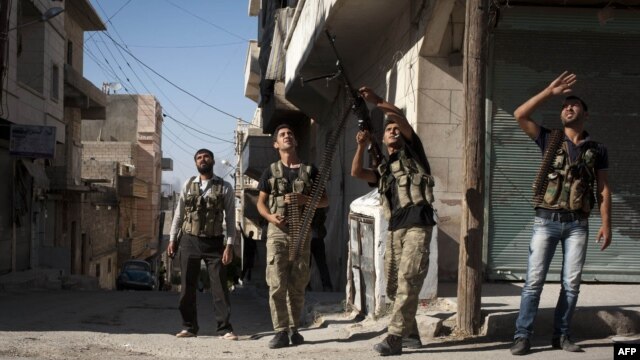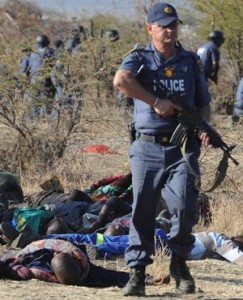By Karen Diep
Impunity Watch Reporter, Asia
TOKYO, Japan – On Friday, Japan demanded South Korea end its unauthorized occupation of small islands under Japanese control. In addition, Japan criticized China for its unrightful claims over other islands and occupation by Chinese activists.

“Since earlier this month, a series of incidents have occurred, threatening to violate our sovereignty, which we find extremely regrettable. We do not tolerate these actions,” voiced Prime Minister Yoshihiko Noda.
On Friday, Japan’s lawmakers passed a symbolic resolution banning South Korea’s President, Lee Myung-bak, from Japan’s island, Takeshima in Japanese and Dokdo in Korean.
“We condemn [Lee’s landing] and strongly demand South Korea end its illegal occupation of Takeshima as soon as possible,” read the resolution. According to the Washington Post, the strong language in the dispute worsened relations between both countries.
On the other front, on August 17th, Japan deported 14 Chinese activists previously detained after landing on an island concurrently claimed by Japan and China in the East China Sea. The island, Senkaku in Japanese and Diaoyu in Chinese, lies near rich gas reserves, and in April, Tokyo’s governor announced that he would purchase the cluster of islands.
As reported by the Washington Post, critics pressured Prime Minister Noda to take harsher action monitoring and protecting the islands. Accordingly, Mr. Noda announced that Japan would bolster its security near Senkaku or Diaoyu to prevent further “incursions by foreigners.” Mr. Noda further stated that Japan would continue to push its position in international forums.
In response, Chinese Foreign Ministry spokesman Hong Lei claimed, “It is illegal and futile for Japan to strengthen its claim by approving the resolution. It does not change the fact that the islands belong to China.”
In September 2010, a Chinese fishing boat collided with Japanese coastguard patrols near the disputed islands. According to the Guardian, a Japanese coastguard claimed that the collision occurred after the captain disregarded requests to leave the area and subsequently refused to allow Japanese authorities to inspect his boat. The Japanese further demanded that China pay for the damages.
Such events have lead to thousands of anti-Japanese protests the last few weeks in China. As a result, Japan has urged China to protect its citizens.
“With a rising China and a more self-confident South Korea, the region is entering an era of turbulence,” shared Narushige Michishita, a security expert from Japan’s National Graduate Institute for Policy Studies.
For further information, please see:
Tapei Times – Japan talks tough in row with South Korea on Islands – 26 Aug. 2012
The Washington Post – Japan condemns ‘illegal’ landings by Chinese activists, SKorean president on disputed islands – 24 Aug. 2012
Euro News – Japan and China clash over disputed islands – 20 Aug. 2012
The Guardian – Japan to deport 14 Chinese island activists – 17 Aug. 2012
The Guardian – Japan-China row escalates over fishing boat collision – 09 Sept. 2010



